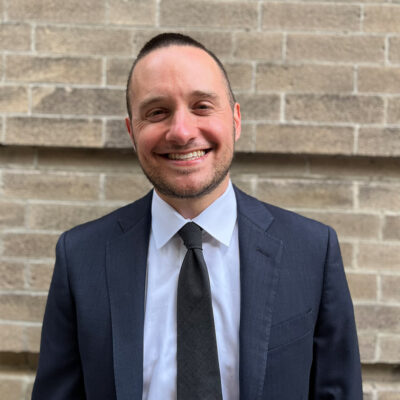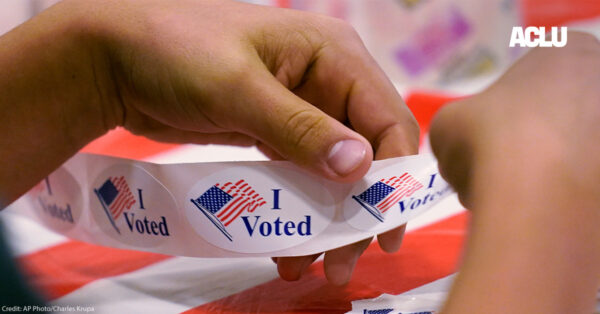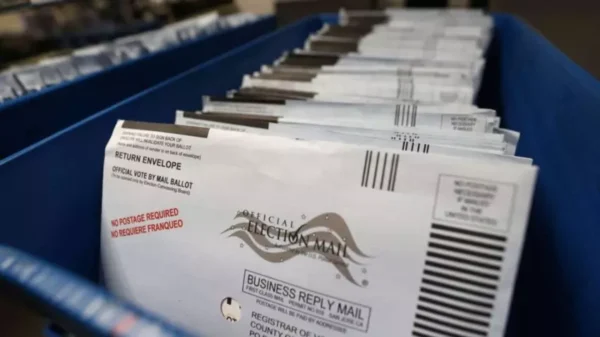ACLU of Iowa Statement on Decision Regarding Iowa's New Citizen Voter Challenge
Statement from Rita Bettis Austen, ACLU of Iowa Legal Director:
"We are obviously disappointed with the court’s decision not to outright block Secretary Pate's directive, which we still fear threatens to disenfranchise eligible voters simply because they are people who became citizens in the past several years. Even the Secretary agrees that the vast majority of voters on his list are United States citizens.
"That said, we are glad that our litigation has produced some positive developments. In particular, we are glad that our clients—the brave individuals who are standing up to this unlawful challenge of their right to vote—will be able to cast regular ballots. We are also glad that the court forced Secretary Pate to ‘back away’ from his position in the directive and no longer require that everyone on the list be forced to vote provisionally only. Now, county auditors ‘may exercise their own independent judgment based on information available to the official' to permit a voter on the list to cast a regular ballot. And, anyone who is challenged who can prove they are a citizen with documentation will be able to vote a regular ballot.
"Meanwhile, we encourage every citizen—and especially our new fellow citizens — to go vote in this week’s presidential election. Voting is your right. If you need more information, contact your local county auditor or check out our Iowa Know Your Voting Rights information at aclu-ia.org/vote. If you experience problems at the polls, the ACLU would like to hear from you at legal.program@aclu-ia.org."
Statement from Joe Enriquez Henry, state political director of the League of United Latin American Citizens of Iowa:
“We don’t want new U.S. citizens to be intimated. Our message is: Make sure your vote counts on Election Day this Tuesday, November 5. For now, be prepared to show your papers documenting your citizenship, whether that is a US passport or certificate of naturalization from USCIS. But rest assured, we will continue the fight to support your right as a U.S. citizen to be treated equally on Election Day. Although we are disheartened by the judge’s decision to not grant an injunction, we are thankful for the lawsuit, which put pressure on Secretary Pate to acknowledge the right of naturalized citizens to vote in this election.”
Stay informed
Sign up to be the first to hear about how to take action.
By completing this form, I agree to receive occasional emails per the terms of the ACLU's privacy statement.
By completing this form, I agree to receive occasional emails per the terms of the ACLU's privacy statement.



